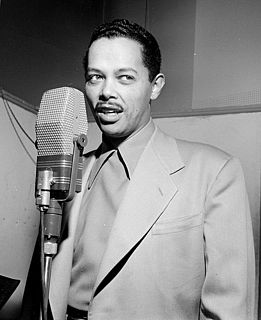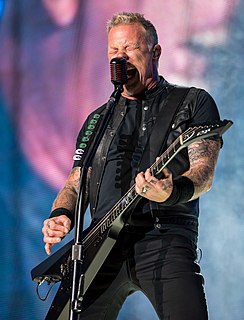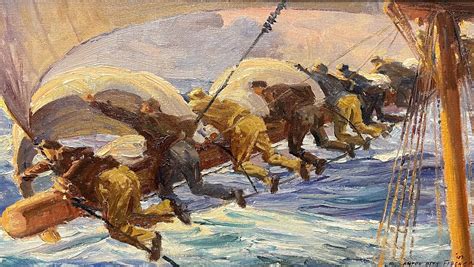A Quote by Zack de la Rocha
I'm in this band to give volume to various struggles throughout the world. To me, the tension in this band is a minimal sacrifice.
Related Quotes
A good analogy is stretching a rubber band. You can stretch and stretch and even feel the tension increase in the muscles in your hands and arms as the gap from one end of the band to the other widens. But at some point you reach the limits of elasticity of the band and it snaps. The same thing happens with human systems.
When Spandau were at the peak, there was a lot of pressure on us as brothers that kind of saved the band for years. If there was ever a moment where the band might explode, it was left to me and Gary to go off and have the biggest argument - I remember having proper fist fights with him in the 80s - and that got rid of the tension.
What does surprise me, though, is the amount of attention this band [Guns'n'Roses] has garnered 11 years after the original lineup broke up. That's an interesting phenomenon. It was even interesting back in the day. I mean, [we were] this glorified garage band. It was a great band, but it was not the kind of band you expected to become what it has.




































